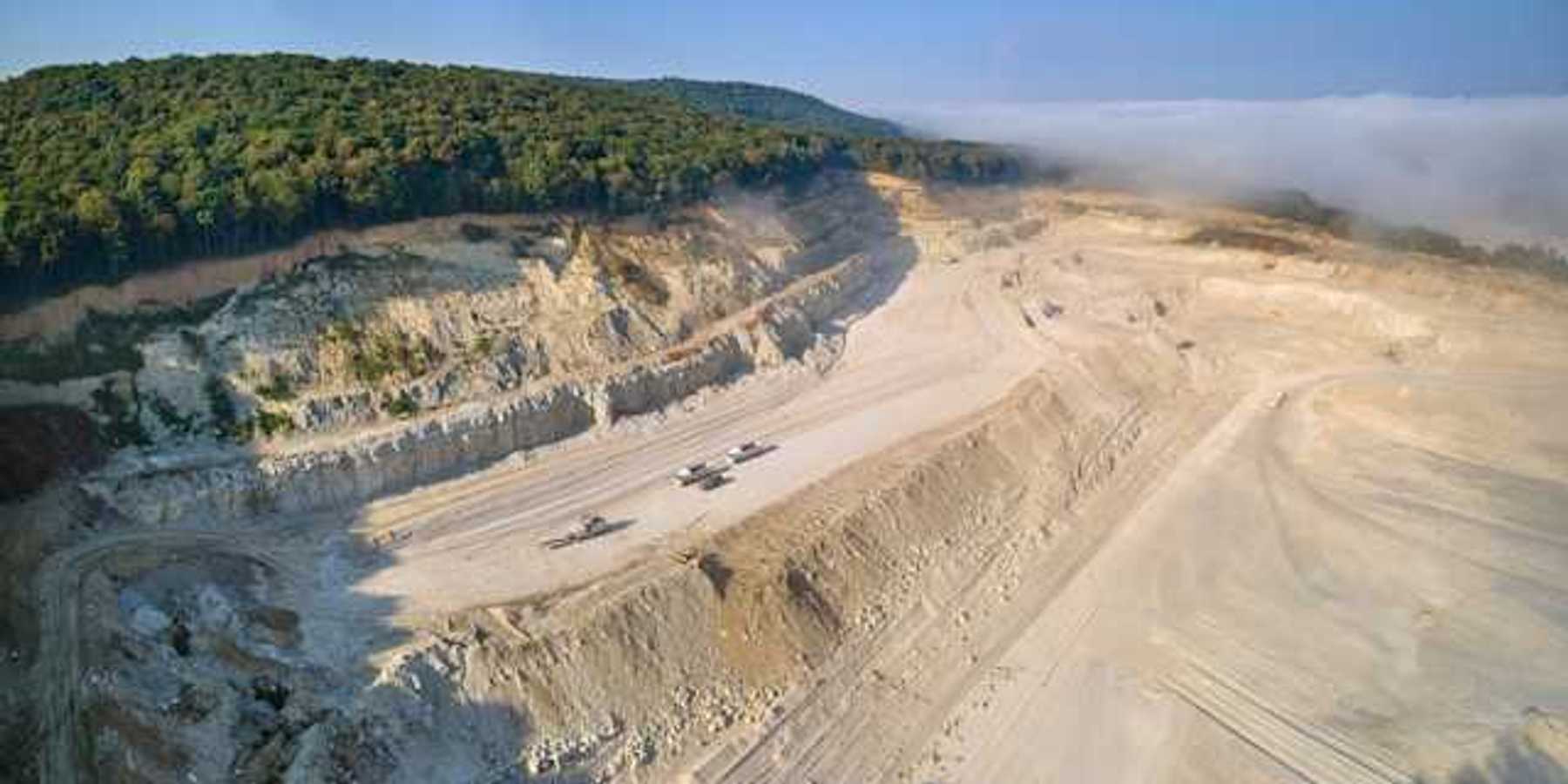Zimbabwe's lithium mining faces scrutiny over environmental and social issues
Zimbabwe's rush for lithium, led by Chinese investors, overlooks crucial environmental and social standards, leading to community and worker unrest.
Tatenda Chitadu reports for Mongabay.
In short:
- Locals and workers near the Bikita Minerals lithium mine accuse both the Zimbabwean government and Sinomine Resource Group of neglecting environmental and social standards amidst lithium mining expansion.
- Despite Zimbabwe's economic reliance on lithium for growth, allegations of displacements, labor abuses, and environmental harm raise questions about the enforcement of laws and investment standards.
- The government and mining companies are called to better adhere to and enforce environmental, social, and governance standards to prevent social and environmental conflicts.
Key quote:
"There are many challenges with the current hype about energy transition. It is not about us."
— Farai Maguwu, founding director of the Centre for Natural Resource Governance
Why this matters:
For a nation with one of the largest lithium reserves in Africa, the potential for job creation and foreign investment is substantial. However, the environmental and social implications of lithium mining are significant. Environmental concerns include water pollution, habitat destruction, and soil degradation, which can have long-term impacts on local ecosystems and biodiversity.
As nations worldwide strive to combat climate change by transitioning to renewable energy, they find themselves grappling with how to avoid repeating the mistakes of 150 years of fossil fuel production.













